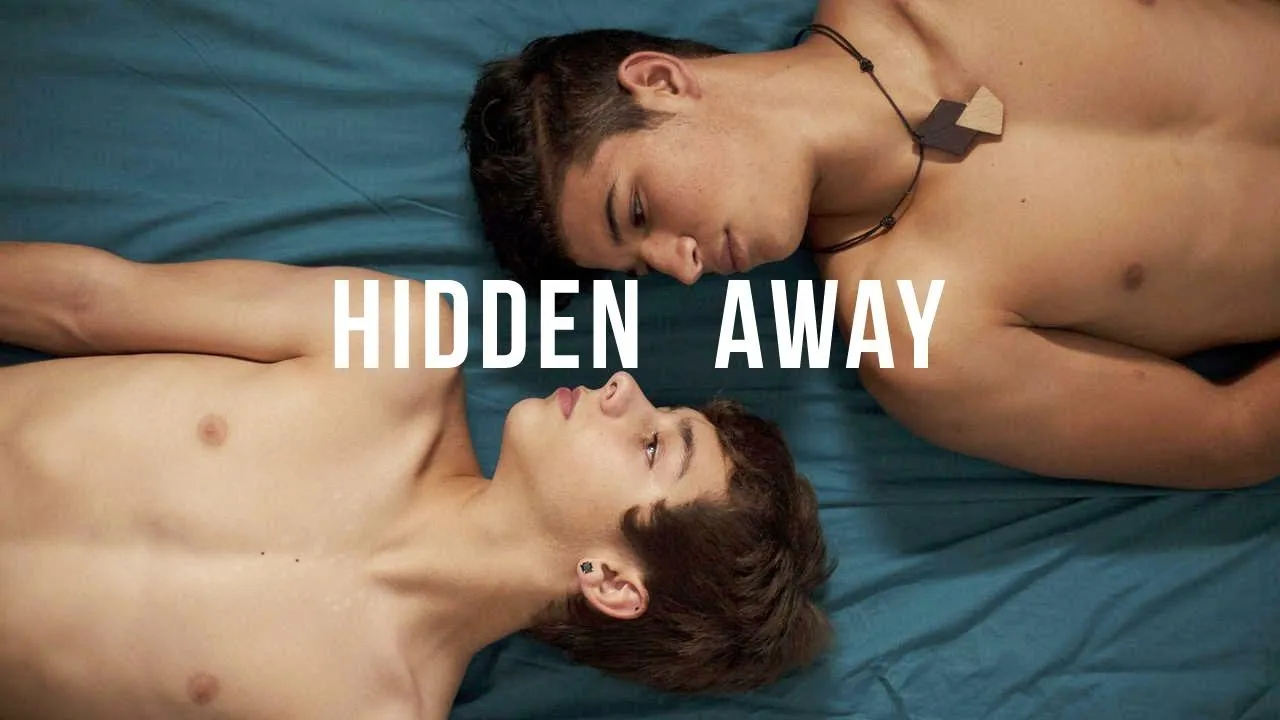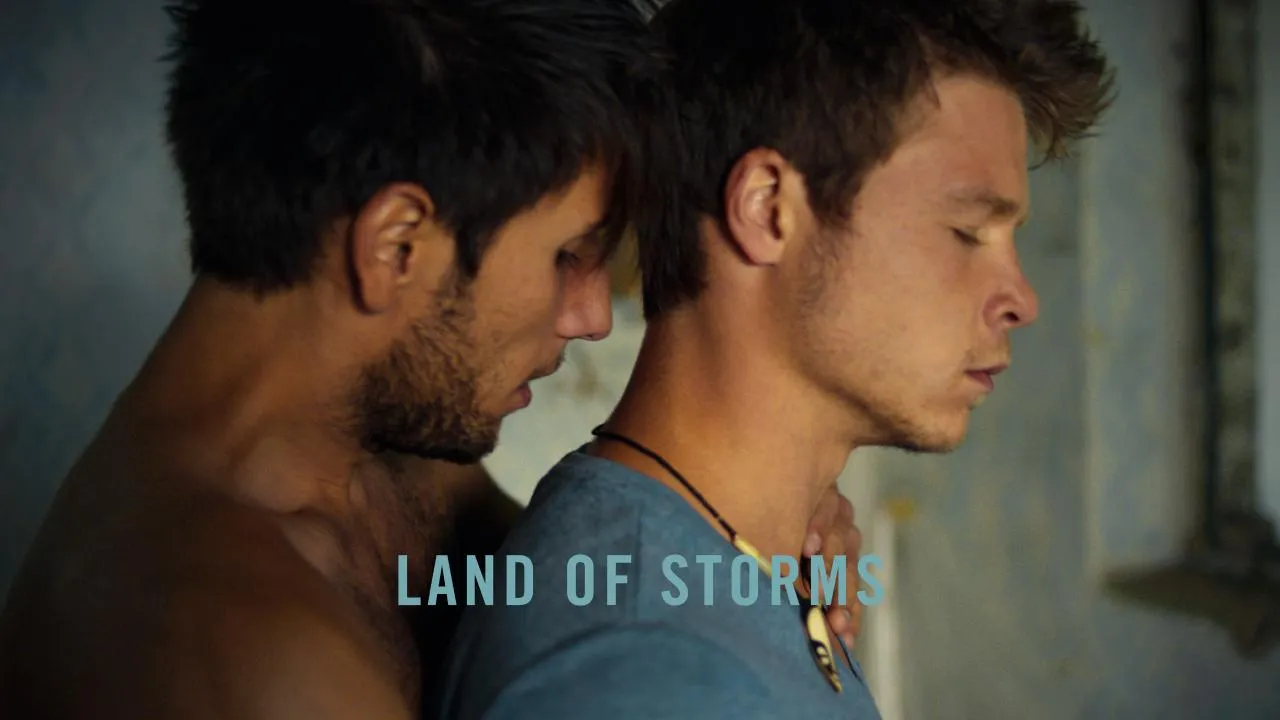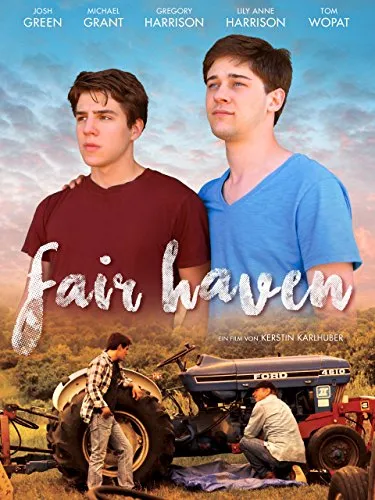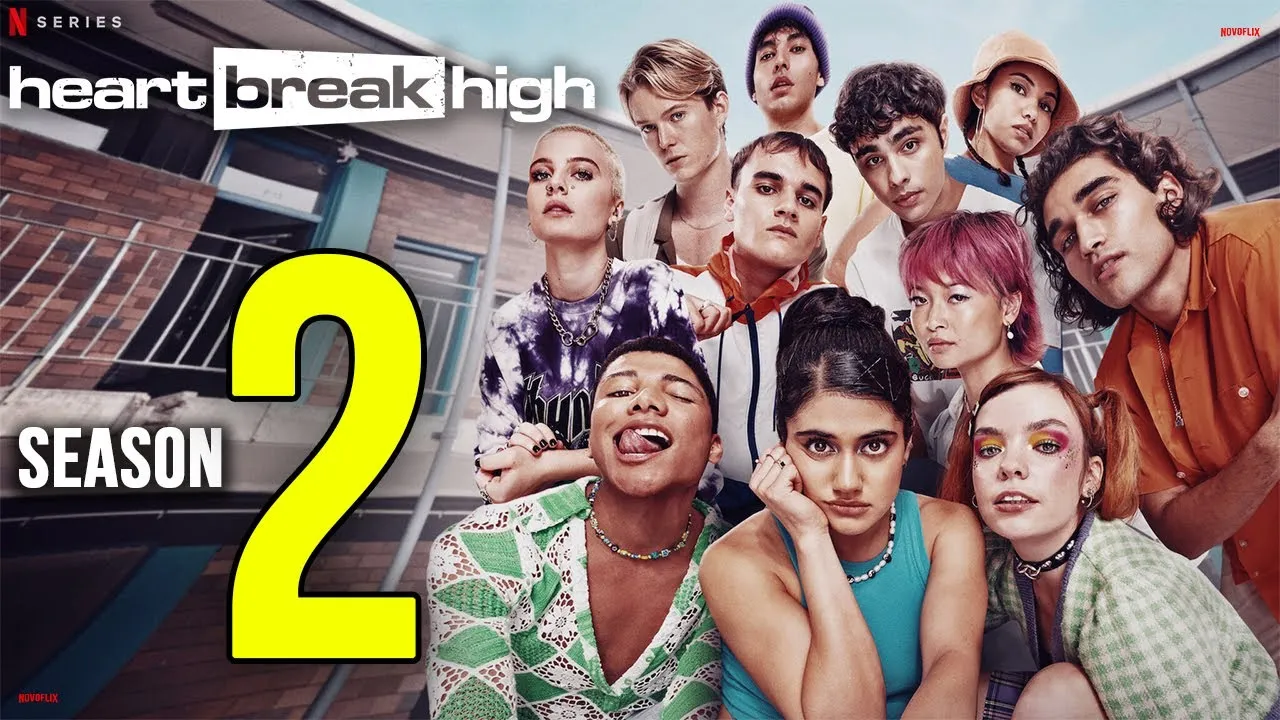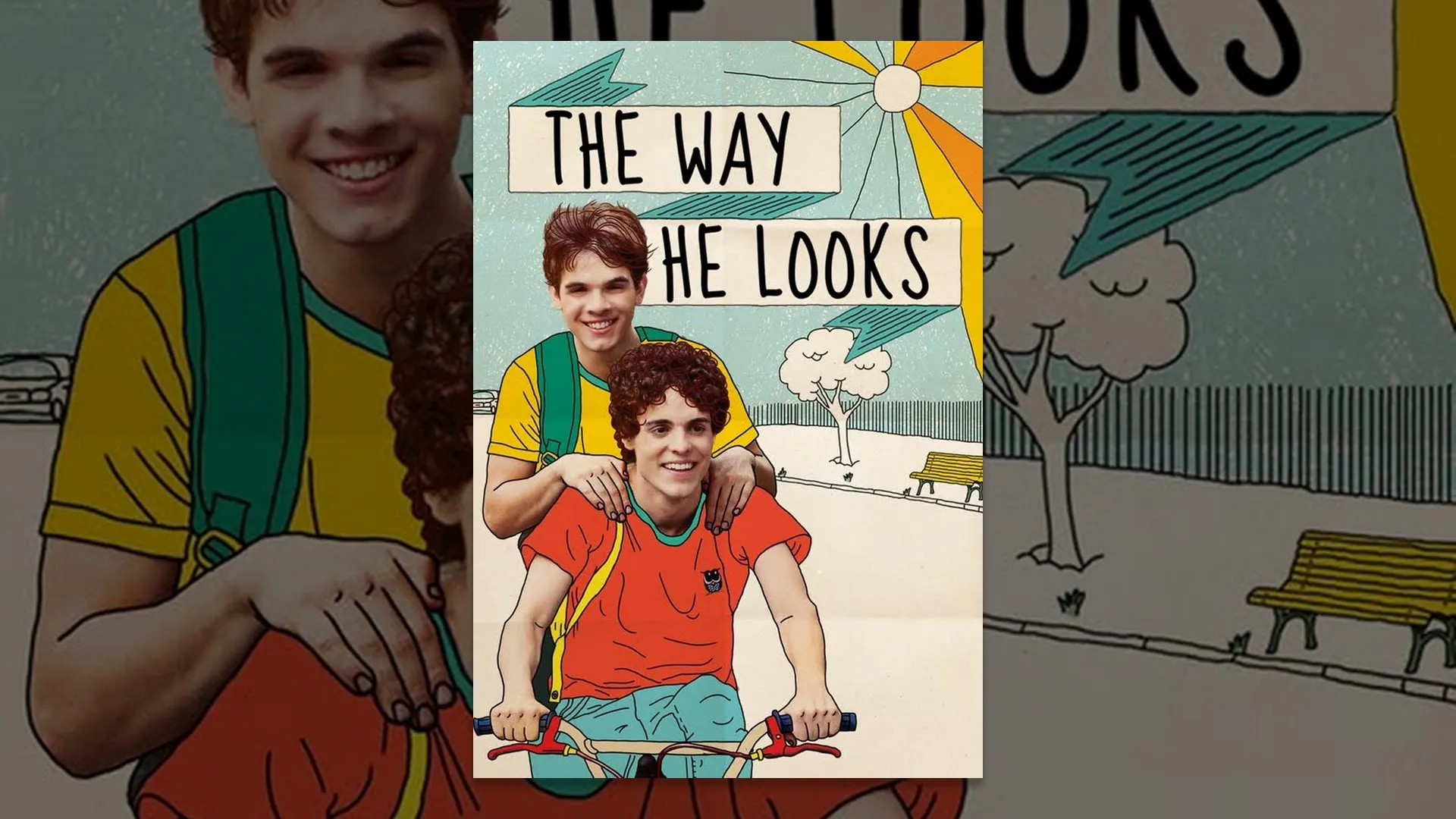Hidden Away (2014) is a teenage love story told with a tenderness that touches heartbreak. Set on the outskirts of Bilbao, the film follows Ibrahim, a young undocumented Moroccan immigrant, and Rafa, a shy, middle-class Spanish boy, full of silences. An invisible bond forms between them, charged with desire, fear, and tenderness, born in a hostile context—not only due to latent xenophobia, but also due to the silent homophobia that permeates their surroundings. It's not a story of idealized love: it's a story of possible, fragile, and clandestine love.
From the beginning, the camera focuses on gestures: a look that lasts a second too long, a shy smile, a hand that doesn't dare touch. Rafa doesn't know how to name what he feels, but he feels it strongly. Ibrahim, for his part, lives with the weight of knowing himself to be "the other" in every sense—foreigner, poor, persecuted—and any misstep could cost him everything. Yet when they're together, everything seems to stop. It's as if the world, with all its borders, remains outside the frame.

The most moving thing about Hidden Away is its emotional honesty. There are no grandiloquent lines or heroic gestures. There is awkwardness, hesitation, desire in its purest form: that mixture of fear and need to be seen. Rafa looks at Ibrahim as if he were a place he wanted to belong. Ibrahim looked at him as if he could, finally, offer him refuge. But both are too young, too alone, and too vulnerable to hold what they feel without breaking.
The conflict isn't just external—although it's present at every turn: in the police officers chasing Ibrahim, in the comments of Rafa's friends, in the imposed invisibility. The real conflict is internal: the fear of accepting oneself, of losing the little one has, of loving when love doesn't seem to have a safe haven. The tension grows not because of what happens, but because of what isn't said: because of everything that is kept "hidden."
![Tráiler [OV]](https://m.media-amazon.com/images/M/MV5BZGIyNDg3NmYtYWE4NS00MjEwLThhNmUtOGI1ZWU4ZjU3MDYzXkEyXkFqcGdeQXRodW1ibmFpbC1pbml0aWFsaXplcg@@._V1_.jpg)
And yet, within that contained intimacy, there are moments of overwhelming beauty: a bike ride, a rooftop conversation, an unspoken promise. Hidden Away doesn't need to show a story that fully unfolds. It's enough to show us the beginning of something that could have been, and that, even in its fleetingness, has already left an indelible mark. Because sometimes, a single genuine gesture is enough to change a life.

In the end, the film offers no certainties. There is no “forever,” not even a “tomorrow.” What exists is a shared memory, a moment frozen in time, a way of loving that, although lived in secret, was real. Hidden Away reminds us that first loves, especially those born across borders—of class, culture, desire—are also the most defining. Not because of how long they last, but because of what they reveal: who we were, who we wanted to be… and who, for a moment, we were capable of being.
